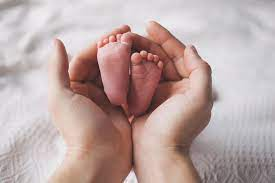A Case Study: Don Carlos of Spain
- Tejas Bhogale
- Jan 19, 2022
- 2 min read
Don Carlos of Spain was quite the character in the history books; born as a sickly child with several deformities, Don Carlos did not seem like he would make it past his teenage years, let alone rule Spain. With several fevers due to malarial infections, Don Carlos' condition had become even worse, and was mocked by the subjects of Spain. His speech impediments would make him seem incapable and unworthy of ruling Spain. But it is truly his recovery from his near-death experience that has solidified him as a medical mystery.
Don Carlos fell a flight of stairs and suffered a tremendous blow to the back of his head. Immediately put into bed rest, Don Carlos beings to have a high fever, and his lymph nodes begin to swell, indicating that he has some infections. Soon, his head begins to swell up and at this point, doctors became concerned for the well-being of the only heir of Spain. They decided upon trepanation, a medical procedure where a hole is drilled in the head to relieve fluids that may be built up in the head. This process, however, ends up costing him his vision and it ends up failing. All hope at this point seems to be lost.
Don Carlos is left on his deathbed with advisors being told by the king that they should no longer watch his suffering. The king had prayed to God and hoped that his son would become alright once more.
The next morning, Don Carlos had made a sudden recovery. His vision had returned and by the end of the month, he is fully cured. He no longer suffered from any cases of flu and had endured what seemed like the final moments of his life. He claimed that he saw apparitions of a monk come to save him. However, this monk had already died 100 years earlier. So how is it??

According to accounts, it was King Philip who took this monk's body from the grave and placed the body next to his son, and left it in the hands of God to cure him. Whether this story is true or not is one for us to decide.
But the medical truth?
Trepanation.



Comments